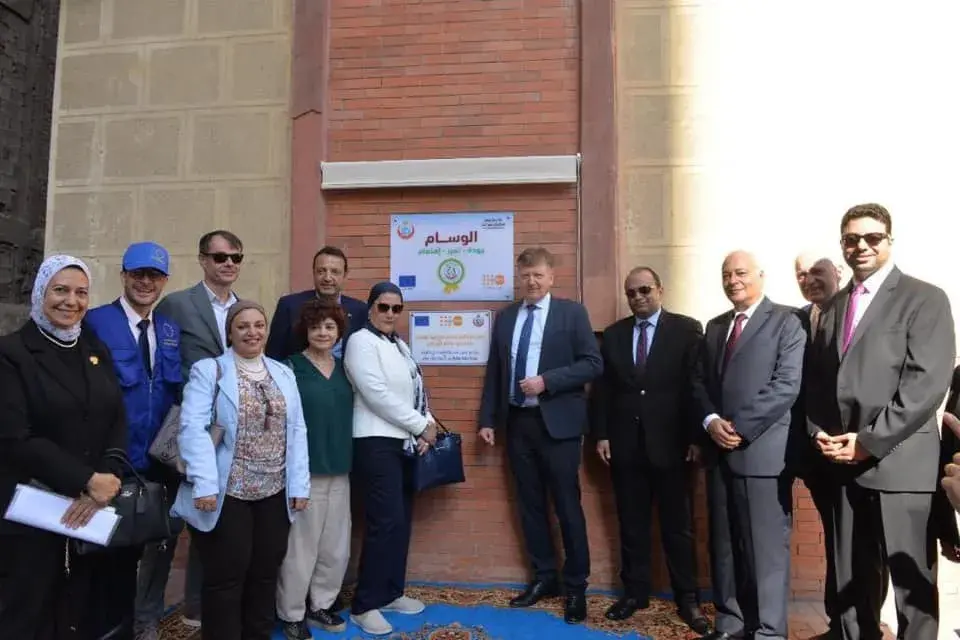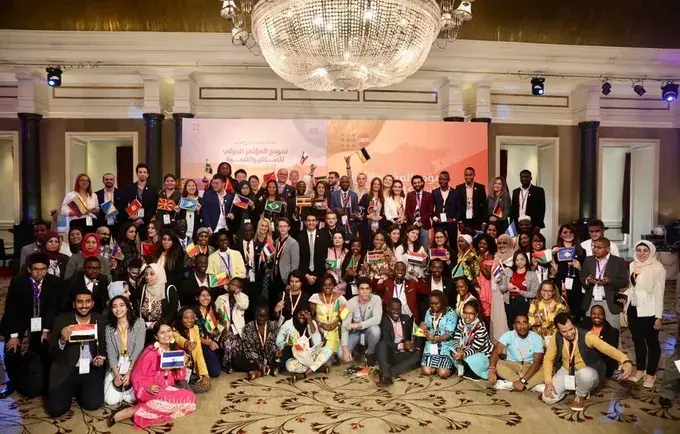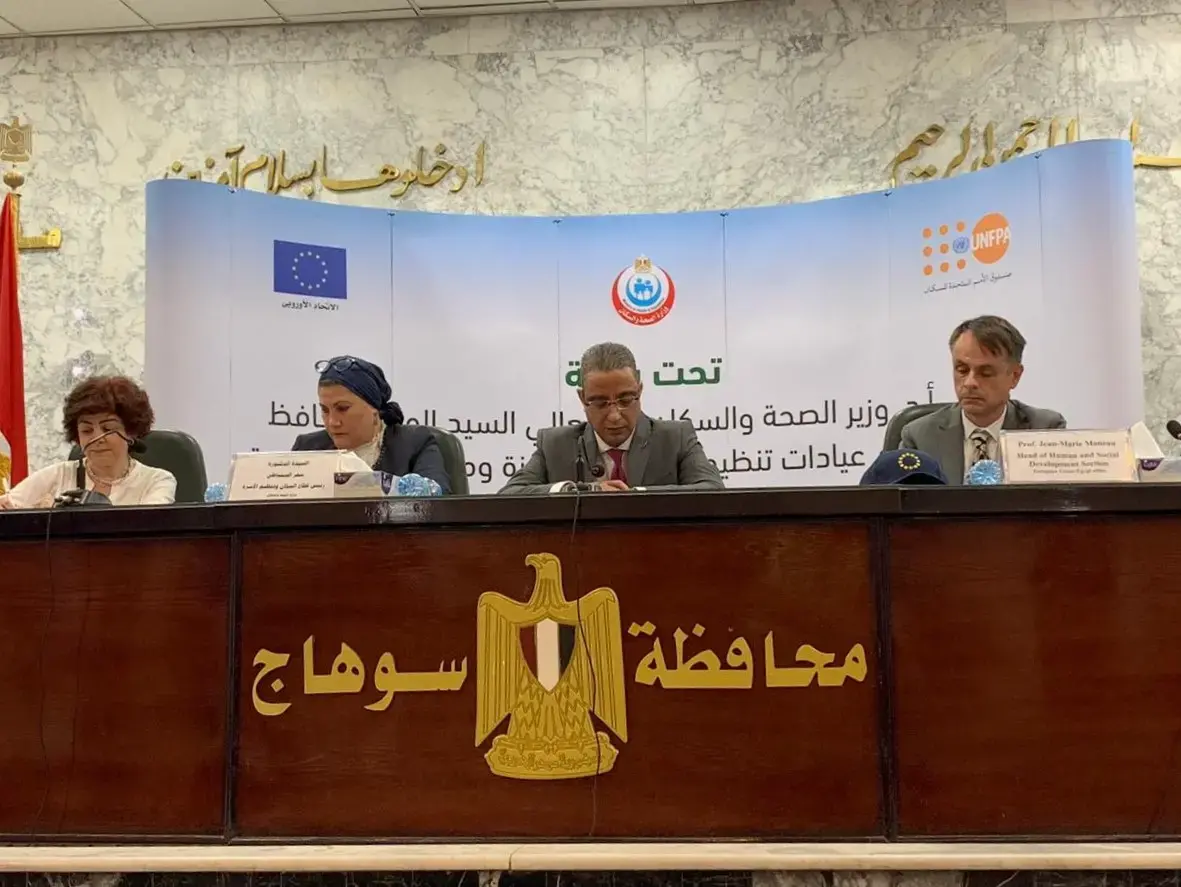UNITED NATIONS — The high-level debate that opened in Kampala, Uganda, on “Promoting Maternal, Infant and Child Health and Development in Africa", ended yesterday evening with an agreement by Africa’s leaders on an action plan to kick-start the effective implementation of existing resolutions and decisions on maternal, infant and child health in the continent.
An interactive debate took place between President Yoweri Museveni of Uganda, President Armando Emilio Guebuza of Mozambique, Thoraya Ahmed Obaid, Executive Director of UNFPA, Yvonne Chaka Chaka, the UNICEF and Malaria Goodwill Ambassador, and Bience Gawanas, Commissioner for Social Affairs at the African Union Commission. The debate had to be extended for another full day because as many as 30 Heads of State and delegations had registered to take to the podium.
For nearly 10 hours, spread over two days, leader after leader took the podium to share experiences and highlight the challenges of providing quality maternal and child health services posed to their countries. In the process, best practices emerged from countries such as Mauritius and Tunisia.
But the overriding message from the debate was that it paid to invest in maternal and child health. In the end, the leaders committed to attaining maternal and child health objectives before 2015
Convincing
Ms.Thoraya Ahmed Obaid, UNFPA’s Executive Director, expressed satisfaction with new-found solutions to the health concerns of Africa’s women and children. Making a strong case for consistent public and private investment in the sector, Ms. Obaid declared: “It pays to invest in women's reproductive health and rights. It's not only the right thing to do; it is also smart economics. Women deliver enormous social and economic benefits for their families, communities and nations.”
“We need more action. We have to strengthen health systems so they can deliver for women,” Ms. Obaid continued. “Women need to have access to family planning, skilled birth attendants and emergency obstetric care, if problems arise.”
“The women who die are the tip of the iceberg,” said Ms. Obaid. “Every year, millions of women suffer injuries related to pregnancy and childbirth and one of the most severe is fistula — a devastating birth injury that often leaves women ostracized from their families and communities.”
She called for sustained investment in the health of women and children. “We estimate that an additional US$12 billion a year is needed for family planning and maternal and newborn care to achieve Millennium Development Goal 5, to improve maternal health.”
“It keeps startling me that, at the beginning of this 21st Century, at a time when we can map the human genome, explore the depths of the seas and build an international space station, we have not been able to make childbirth safe for all women around the world.”
Ms. Obaid then said: “After 10 years at the head of UNFPA, and as my mandate as Executive Director ends this December, I am proud to say that we did our best to serve the women and children of the world, and especially those in Africa. I look forward to the day when we shall look back on the health services accessible to the women and children of Africa and say that we did not labour in vain.”
Significance
Commenting on the debate on maternal health, Bunmi Makinwa, Director of UNFPA’s Africa Regional Office, called the Kampala Summit the most important related event in Africa since the 1994 Cairo International Conference on Population and Development.
“I am so impressed and delighted by the extent and quality of the debate on maternal and child health taking place in this hall”, Mr. Makinwa said. “I see a new spirit emerging from this Summit — a spirit that translates a whole approach that African leaders have on solving the problems that affect the lives of women and children in their respective countries.”




